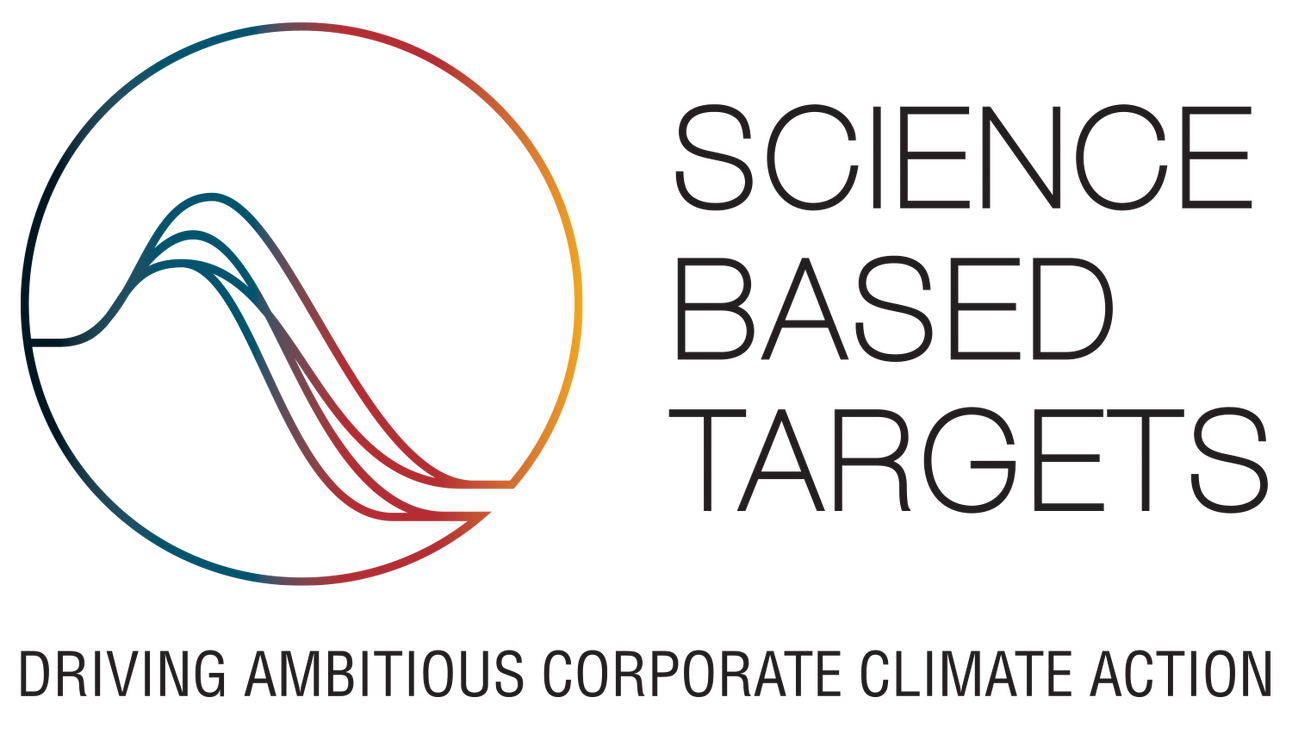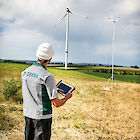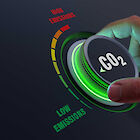DEKRA
Climate Impact program
Corporate responsibility now goes far beyond the mere consideration of economic results. Rather, it is important to focus on the effects of the respective actions on society and the environment in order to create the basis for sustainable development. DEKRA has long assumed this responsibility worldwide - both internally through a variety of measures and externally through extensive expert services. As a global partner for a safe, secure and sustainable world, DEKRA makes a significant contribution to sustainable development at all levels with its wide range of consulting, testing, certification and audit services.
From 2025, DEKRA will further strengthen this approach with the introduction of the DEKRA Climate Impact program as part of a holistic approach. Holistic not least because the individual building blocks are by no means isolated measures, but are closely interlinked and build on each other. At the same time, DEKRA's top-down approach ensures that company management, executives and employees are equally involved in the measures.

A central component of the DEKRA Climate Impact program is the implementation of an internal carbon price. This acts as an incentive to reduce the company's own carbon emissions in a targeted manner and thus make an active contribution to climate protection. By evaluating and pricing emissions, business decisions are reviewed even more closely in terms of their impact on the climate. This in turn is the basis for DEKRA's compliance with the 1.5-degree emissions reduction path validated by the Science Based Targets initiative (SBTi).
The DEKRA Climate Impact Program, however, encompasses more than just an internal carbon price. It actively promotes measures for climate protection and climate change adaptation. In doing so, the organization deliberately refrains from making traditional carbon neutrality claims regarding its own climate impacts. Instead, DEKRA provides direct financial support to initiatives that demonstrably contribute to climate protection, climate adaptation, and the United Nations' Sustainable Development Goals (SDGs). Projects aimed at climate adaptation, in particular, have historically played a minor role in corporate climate responsibility management due to the prevailing compensation regime. The impacts and measures are made measurable through their contributions to the relevant SDGs, without DEKRA claiming climate neutrality on the balance sheet. The size of the Climate Impact Fund is determined by the organization’s actual annual emissions and its internal carbon price. These funds are channeled into initiatives focused on preventing climate change (climate mitigation) and adapting to its unavoidable consequences (climate adaptation). Examples include supporting reforestation or peatland restoration projects, implementing carbon capture and storage technologies, and infrastructure projects such as solar-powered drinking water provision in particularly affected regions. All of these measures help to mitigate the negative effects of climate change and strengthen resilience to climatic changes. In other words, high added value for many people on this planet.


















































